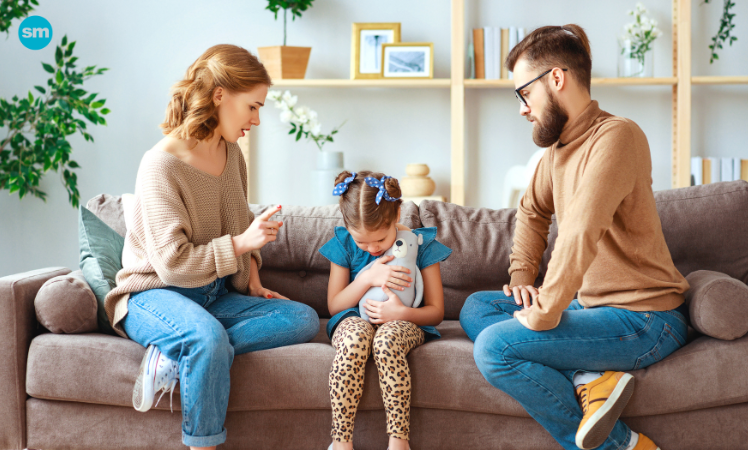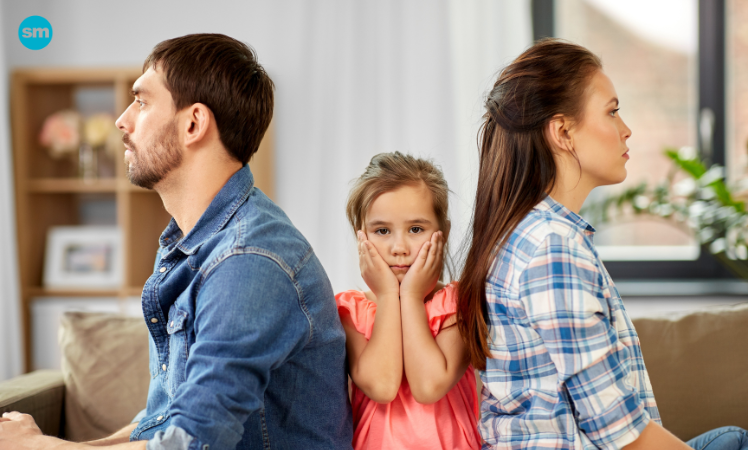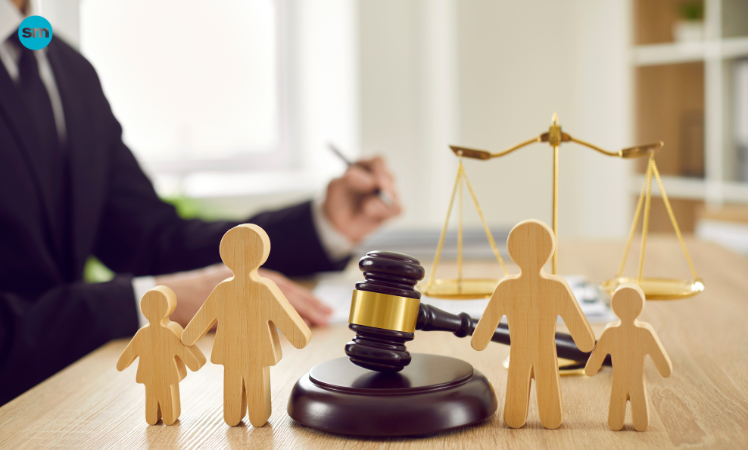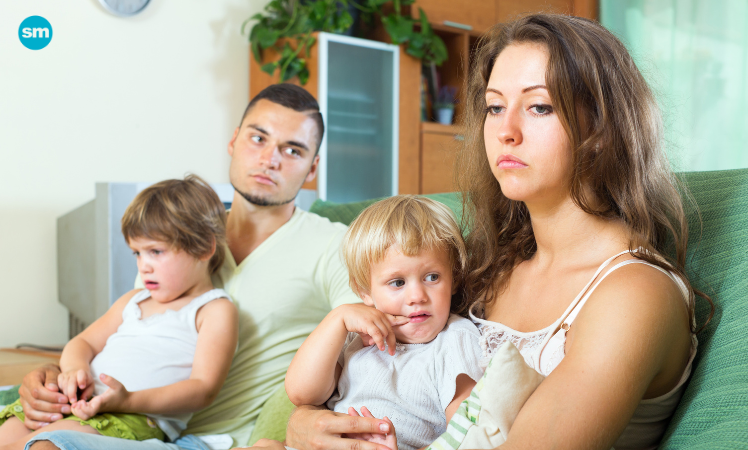Is it True That Divorce Leads Children To The Worst Places?

Last Updated on January 22, 2024 by Lori Pace
A divorce can be difficult for a family. Parents are discovering new ways to relate to one another and learning new ways to raise their children. The effects of divorce on children and parents can be varied. While some children are able to cope with divorce naturally and understandably, others may have difficulty. So, for a final verdict, is it true that divorce leads children to the worst places?
Is It True That Divorce Leads Children To The Worst Places?
Many people believe that divorce causes children to go to the worst places. However, this may not be true. While a child might experience negative emotions or feelings, some don’t last too long. Divorce can lead to problems in teens and into adulthood. As they age, these children may experience depression and relationship problems. These are just a few of the many devastating effects of divorcing.
Children are resilient, and the transition to divorce can be seen as an adjustment instead of a crisis. The effects of divorce on children can vary because children have different temperaments and ages. These are the most common effects of divorce on children and how parents can help manage them:
Why Divorce Leads Children To The Worst Places?
Poor Performance In Academics
Divorce can be difficult for everyone in the family. Children may become confused and distracted by trying to understand the shifting dynamics within the family. One of the consequences of divorce on children could be in their academic performance. Children who are more distracted are less likely to be able to focus on schoolwork.
Loss Interest In Social Activity
Children who are separated from their parents may have difficulty relating to other children and have less social contact. Children may feel insecure or wonder if they are the only one who has divorced parents.
Difficulty Adapting To Change
Children may have to adjust to changes more often. Children may be affected by changes in their family, living arrangements, schools and friends.
Emotionally Sensitive
For a family with children, divorce can bring many emotions to the forefront. This transition can lead to feelings of anger, confusion, anxiety, loss, and even anger. Children can feel emotionally sensitive and overwhelmed after a divorce. They need someone to talk to and someone to listen to them. Children may feel the effects of divorce by how they handle their emotions.
Anger/Irritability
Sometimes children may feel overwhelmed or not know how to deal with the effects of divorce. In these cases they might become angry and irritable. Children may vent their anger at many different causes. Divorced children may feel anger towards their parents, their friends, or their own parents. Although this anger usually dissipates within a few weeks for most children, it can still be an effect of divorce on children.
Feelings Of Guilt
Children often wonder why their parents are divorcing. Children will often look for reasons and wonder if their parents are not loving each other anymore or if they did something wrong. This guilt can be a common side effect of divorce for children. However, it can also lead to other problems. Guilt can increase pressure and lead to depression, stress, or other health issues. These feelings of guilt can be reduced by providing context and counseling to help children understand their roles in divorce proceedings.
Divorce Leads Children To Destructive Behavior
Unresolved conflicts can lead to unanticipated risks for children who are going through divorce. Research shows that children who have been through divorce in the past 20 years are more likely to engage in criminal activity , which can harm their health. Additionally, more children report having taken up smoking or using prescription drugs.
Increase In Health Problems
Divorce and its impact on children can be stressful. These issues can cause physical and emotional problems. Divorced children are more susceptible to sickness . This can be due to many factors including difficulty sleeping and difficulties getting to sleep. Depression can also be a factor in this loss of well-being and health problems.
Divorce Leads Children To The Losing Faith In Marriage And Family Unit
Research also shows that children who have been through divorce are more likely than their parents to end up in a divorce settlement. Research suggests that this tendency to divorce is two to three times higher than children from non-divorced homes.
These are just some of the possible consequences of divorce for children. However, they are not absolutes or set in stone. Families are becoming more aware of the stress divorce can cause for their children and their own well-being.








